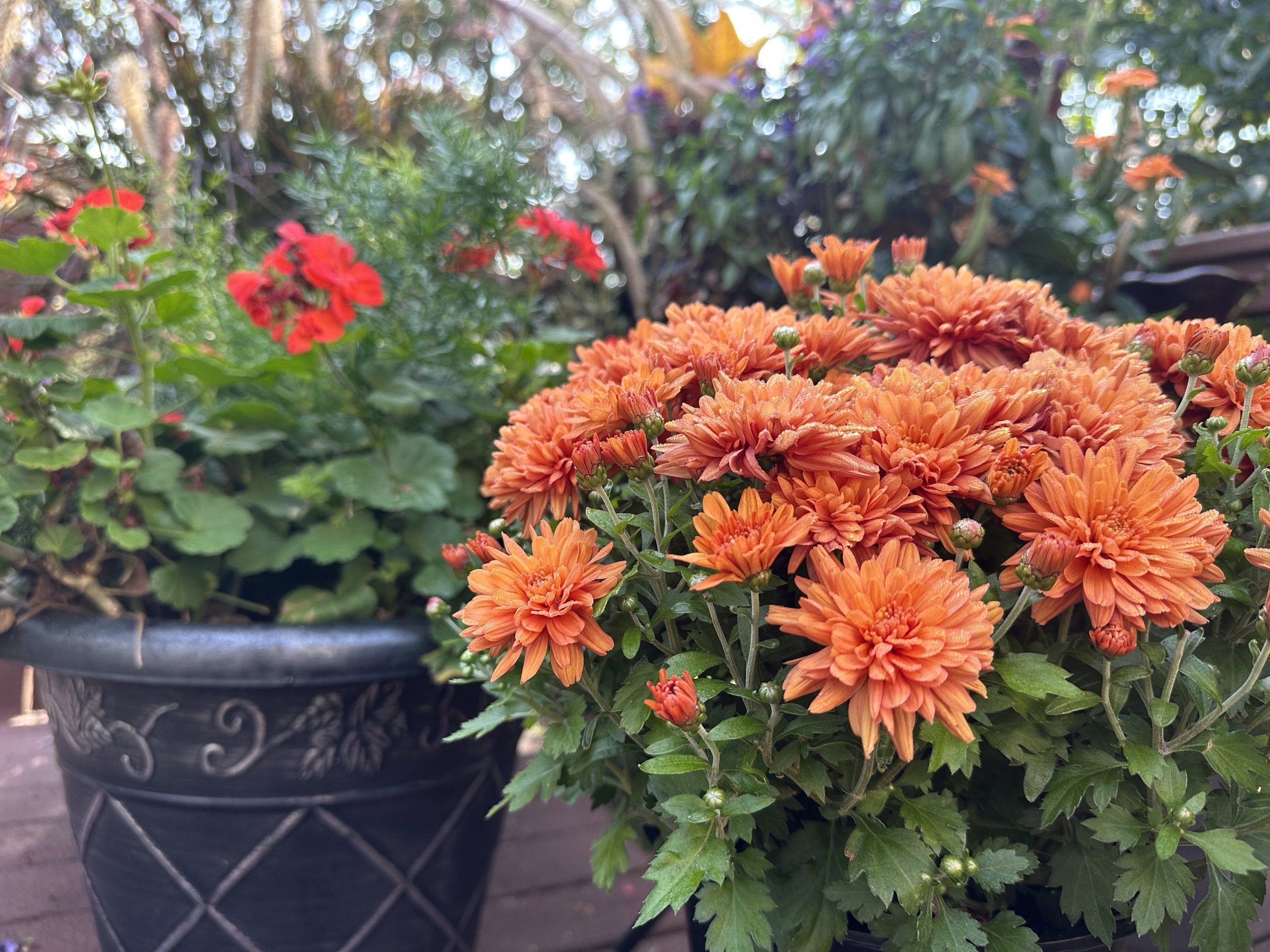Handling the new while grieving the loss of the old: It’s not easy
Not long ago Michael Lipp, Los Angeles, California, spoke of going to lunch with his father, Phil Lipp, 73, who suffers from dementia.
“As we left, he went for his billfold to pay for the meal,” Michael told me. “But his card was declined.”
Michael quickly stepped in to pay when his father wasn’t looking, but later he reflected on the experience with a new feeling of sadness.
It wasn’t that he didn’t already know his father was failing. He had worked hard to find the right care facility where the older man had lived for a year.
But I’m guessing this lunch out was at a favorite restaurant, with the usual chatter about life or current events or whatever the two of them usually discussed. Maybe they were fine with periods of silence when neither of them felt the need for words to confirm their companionship.
Father and son: Phil and Michael Lipp posed during a recent ski trip together.
It was just like old times—until it wasn’t.
“Dad always paid,” Michael said. “A small gesture that affirmed our father-son relationship where he could still take care of me. But Dad can’t pay; the roles are reversed. I’m in charge now. A part of the dynamic we had is gone, but he’s not gone. And now I must figure out how to handle this new relationship even when I’m so sad about losing the old one.”
The dance, the dilemma
This dilemma—this dance between capitalizing on the present while admitting and grieving the loss of the past—this is the challenge for everyone loving a person with a debilitating disease.
I tell myself I’m doing pretty well at it.
I don’t let myself think about how we’d be spending a beautiful autumn afternoon if Evelyn were still willing (or able) to go to the farmer’s market and shop for cider and a pumpkin.
I try to ignore the travel and ticket brochures, although sometimes I can’t resist skimming through them on the days when they’re the most interesting mail we get.
I’ve about decided to quit trying social events in the evenings after a couple of times constantly monitoring her behavior while trying to enjoy our friends.
I’m thinking about skipping either Bible class or worship service on Sunday mornings because Evelyn often just can’t sit through both of them.
Kernels of the past
But with all that’s gone, something is still left.
Evelyn is willing and often eager to take a walk in the neighborhood. (Instead of the 30 minutes we used to be gone, sometimes now it’s five or 10.) We still go for “ice cream dates” after supper many weeks. (I’ve learned to order hers in a to-go cup, because she may not be able to eat it all.)
Evelyn warms to time with friends, so I’m figuring out how to make them happen. (I’m planning a lunch with two other couples at our home for her birthday next week.)
She enjoys shuffling through the church lobby and greeting folks (whether she knows them or not) and watching cute preschoolers. (Even when we go for only one hour, I make sure there’s time for this before or after.)
I’m trying to hold on to the kernels of the past still rattling around in our present. I don’t want to give away one nugget of the life we once knew until it’s taken from us.
I don’t want to give away one nugget of the life we once knew.
In the midst of all this I chide myself when I think I’m in denial. Or I weep alone when I can’t ignore yet another loss. Deciding when or how to hold on or let go is a task for every week.
But, as I said, I think I’m doing pretty well at this. I meet with a buddy or two almost every week, and every week I’m away from the house and on my own three half-days.
Often I enjoy putting our meals together. Sometimes I like the TV shows we settle on. I’ve learned almost to welcome her reading out loud from the next room. (I don’t need to worry about where she is or feel guilty because I haven’t come up with some way to engage her.)
A certain satisfaction
I’ve learned to feel a certain satisfaction at a clean kitchen, an empty laundry basket, or a new discovery of an outfit I can put together for her.
I love the container garden I keep blooming on our deck, and our four tomato plants are bearing quite nicely. Writing this blog has put me in touch with folks I never knew or friends I hadn’t heard from for years. I’m learning the joy of what it means actually to depend on God.
The weeks are good, even though some moments or hours are frustrating or frightening.
As a friend I’ve mentioned before says, “I’m fine, all things considered. And there’s a LOT to consider.”
I’m coming to peace with looking honestly at the whole picture. And I’ll pray for my friend Michael, as he struggles to do the same.


